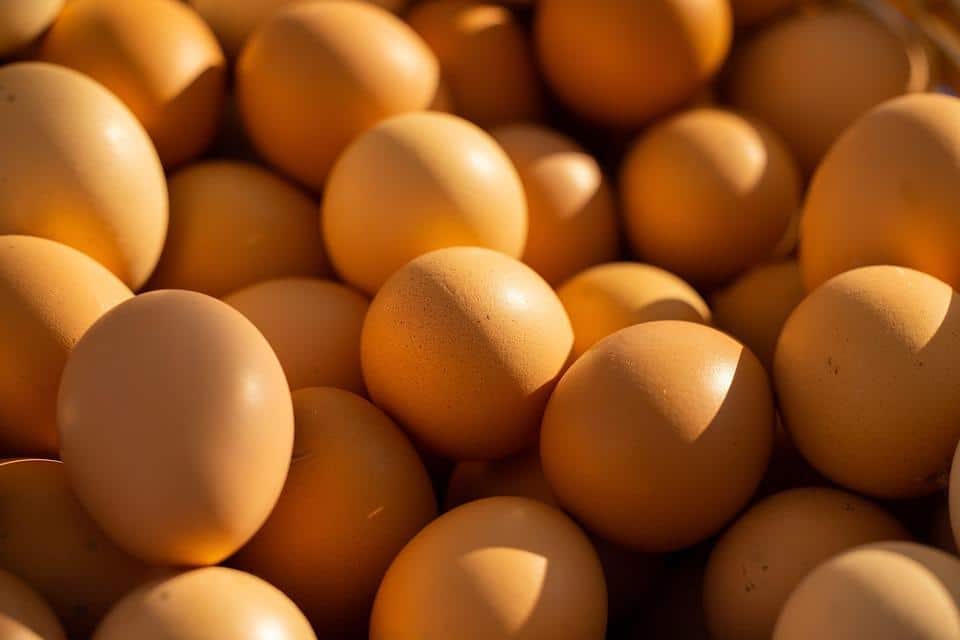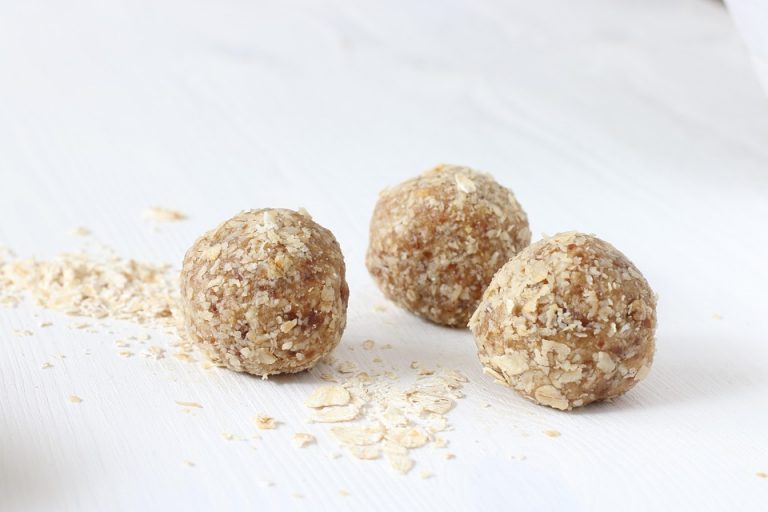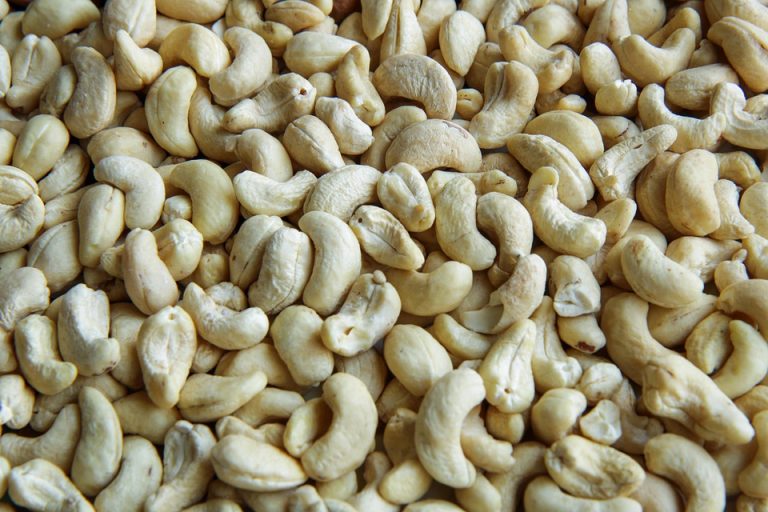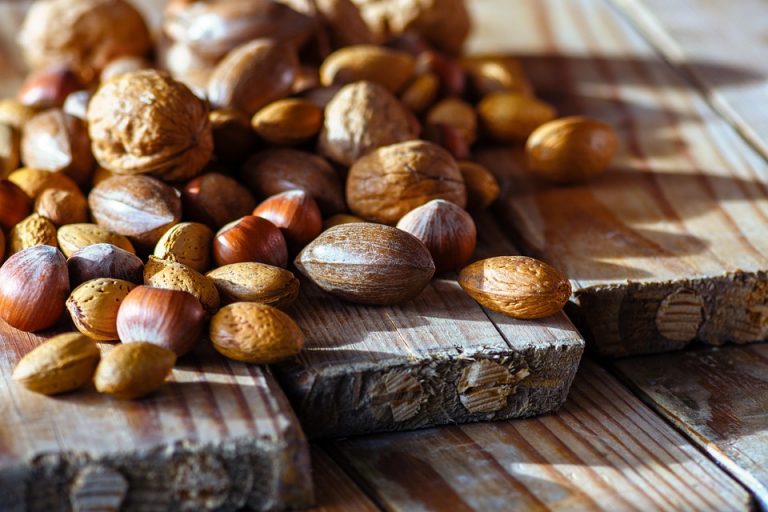Natural high-protein foods are essential for anyone looking to boost their health, build muscle, and keep their energy levels soaring. Protein plays a crucial role in your life, from repairing tissues to supporting immune function. If you want to feel vibrant and strong, adding these powerhouse foods to your diet is a must.
Understanding protein’s significance can transform your approach to nutrition. It’s more than just a macronutrient; it’s the building block of every cell in your body. When you fuel yourself with the right foods, you’re not just eating—you’re investing in your health, mood, and overall well-being. Let’s dive into the seven natural high-protein foods that you need in your life today.
Contents
1. Eggs: The Perfect Protein Package
Eggs are often called nature’s multivitamin, and for good reason. One large egg packs about 6 grams of protein along with essential vitamins and minerals. They’re incredibly versatile, too. Whether you scramble, poach, or hard-boil them, you’re getting a nutrient-dense meal.
Benefits:
- Complete Protein: Eggs contain all nine essential amino acids, making them a complete protein source.
- Healthy Fats: They’re rich in omega-3 fatty acids, promoting heart health.
- Satiety: Eating eggs for breakfast can keep you feeling full longer, reducing cravings throughout the day.
How to Incorporate:
- Whip up a veggie-packed omelet for breakfast.
- Add a hard-boiled egg to salads or sandwiches for a protein boost.
2. Greek Yogurt: Creamy and Nourishing
When it comes to natural high-protein foods, Greek yogurt stands out. With about 20 grams of protein in a single cup, it’s a creamy delight that can elevate any meal or snack.
Benefits:
- Probiotics: Greek yogurt is loaded with beneficial probiotics, supporting gut health.
- Calcium-Rich: It’s a great source of calcium, crucial for bone health.
- Versatile: Use it in smoothies, as a base for dressings, or simply with fresh fruit.
How to Incorporate:
- Start your day with a bowl of Greek yogurt topped with berries and nuts.
- Blend it into smoothies for a creamy texture and protein punch.
3. Quinoa: The Ancient Grain
Quinoa is not just a trend; it’s a superfood in its own right. This grain is a complete protein, containing about 8 grams of protein per cooked cup. It’s gluten-free and loaded with fiber, making it a fantastic choice for everyone.
Benefits:
- Nutrient-Dense: Quinoa is rich in magnesium, iron, and B-vitamins.
- Satiating: Its high fiber content keeps hunger at bay.
- Easy to Prepare: Cook it like rice or toss it in salads for a delightful crunch.
How to Incorporate:
- Use quinoa as a base for grain bowls, topped with veggies and a protein source.
- Mix it into soups or stews for added bulk and nutrition.
4. Lentils: The Powerhouse Legume
Lentils are tiny but mighty, packing about 18 grams of protein per cooked cup. They’re also incredibly affordable and easy to prepare.
Benefits:
- High in Fiber: Lentils promote digestive health and help regulate blood sugar.
- Rich in Iron: They’re a great plant-based iron source, essential for energy.
- Versatile: Use them in soups, salads, or as a meat substitute in dishes.
How to Incorporate:
- Make a hearty lentil soup flavored with herbs and spices.
- Add cooked lentils to salads for a protein-packed boost.
5. Chicken Breast: Lean and Mean
Chicken breast is a staple in many households for a reason. With about 26 grams of protein in a 3-ounce serving, it’s one of the most popular sources of lean protein.
Benefits:
- Low in Fat: Skinless chicken breast is low in saturated fat, making it heart-healthy.
- Versatile: It absorbs flavors well, making it suitable for a variety of cuisines.
- Muscle Maintenance: It’s essential for building and repairing muscles after workouts.
How to Incorporate:
- Grill or bake chicken breasts and slice them for salads or wraps.
- Use shredded chicken in tacos, stir-fries, or casseroles.
6. Tofu: The Plant-Based Marvel
Tofu, made from soybeans, is a fantastic source of protein for vegetarians and vegans. A 3.5-ounce serving contains about 8 grams of protein, making it a healthy addition to your diet.
Benefits:
- Calcium-Rich: Tofu is an excellent source of calcium, vital for bone health.
- Heart-Healthy: It can help lower cholesterol levels when included in a balanced diet.
- Adaptable: Tofu absorbs flavors beautifully, making it perfect for various dishes.
How to Incorporate:
- Stir-fry tofu with colorful veggies and your favorite sauce.
- Blend silken tofu into smoothies for creaminess without the dairy.
7. Chia Seeds: Tiny but Mighty
Chia seeds are little nutritional powerhouses, offering about 5 grams of protein per ounce. They’re also packed with omega-3 fatty acids, fiber, and antioxidants.
Benefits:
- Hydration: Chia seeds absorb water, helping you stay hydrated and full.
- Nutrient-Rich: They’re rich in vitamins and minerals, including magnesium and calcium.
- Versatile: Add them to smoothies, oatmeal, or yogurt for added crunch.
How to Incorporate:
- Make a chia seed pudding by soaking them in almond milk overnight.
- Sprinkle them on salads or blend them into smoothies for a nutrient boost.
Bottom Line
Incorporating natural high-protein foods into your diet doesn’t have to be complicated or boring. From eggs to chia seeds, these foods are not only delicious but also packed with nutrients that support your health and well-being.
Start today. Choose one or more of these foods and make them a regular part of your meals. Your body will thank you for it—trust me!
FAQs
1. How much protein do I need daily?
The average adult needs about 46-56 grams of protein per day, depending on factors like age, sex, and activity level.
2. Can I get enough protein from a vegetarian or vegan diet?
Absolutely! Foods like lentils, quinoa, tofu, and legumes provide ample protein for a plant-based diet.
3. What’s the best way to cook chicken for maximum protein retention?
Grilling or baking chicken breast helps retain protein while minimizing added fats.
4. Are chia seeds a good source of protein?
Yes, chia seeds are a great plant-based source of protein and also provide omega-3 fatty acids and fiber.
Start experimenting with these high-protein foods today, and watch your energy levels soar!
Get Your FREE Natural Health Guide!
Subscribe now and receive our exclusive ebook packed with natural health tips, practical wellness advice, and easy lifestyle changes, delivered straight to your inbox.





